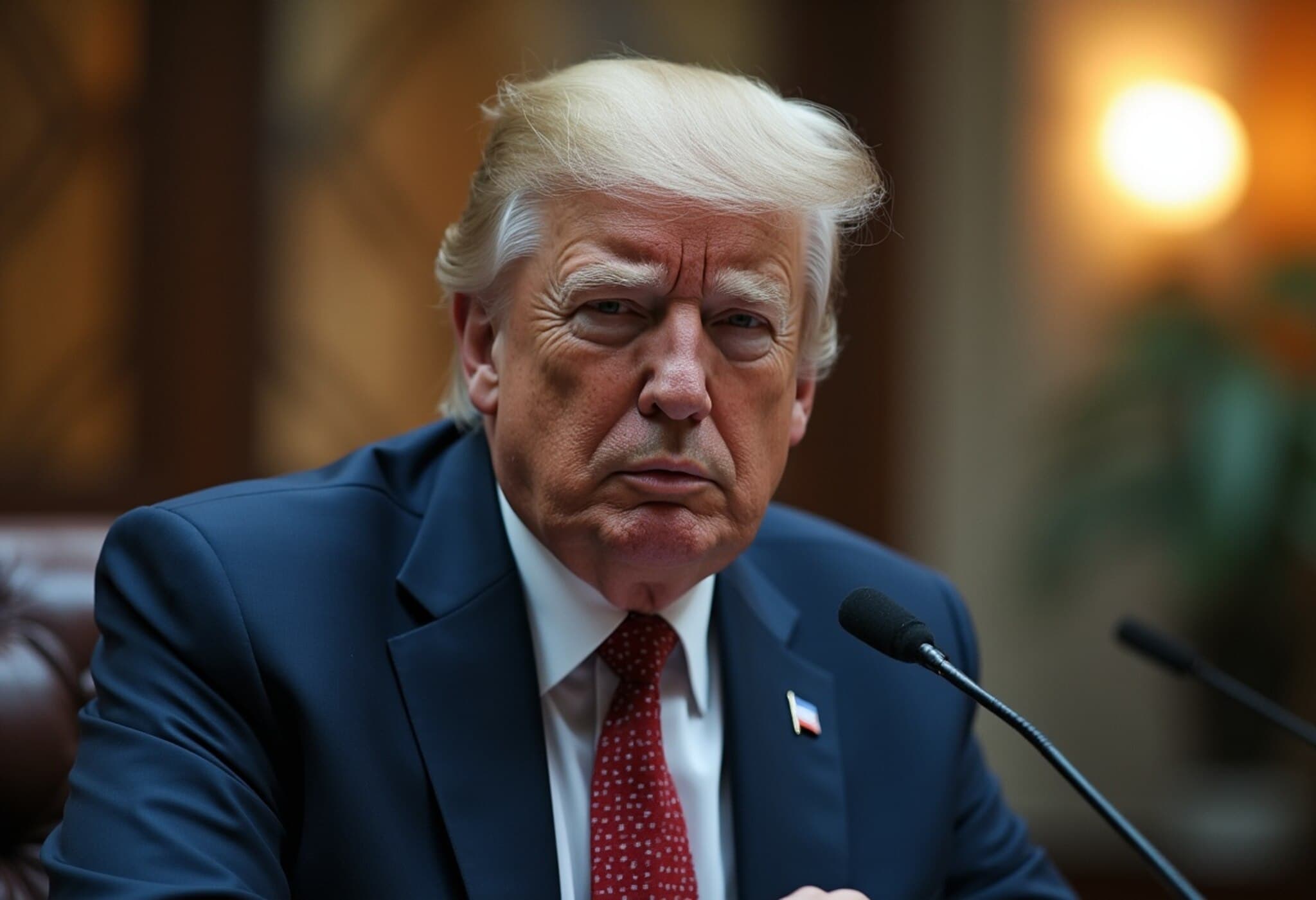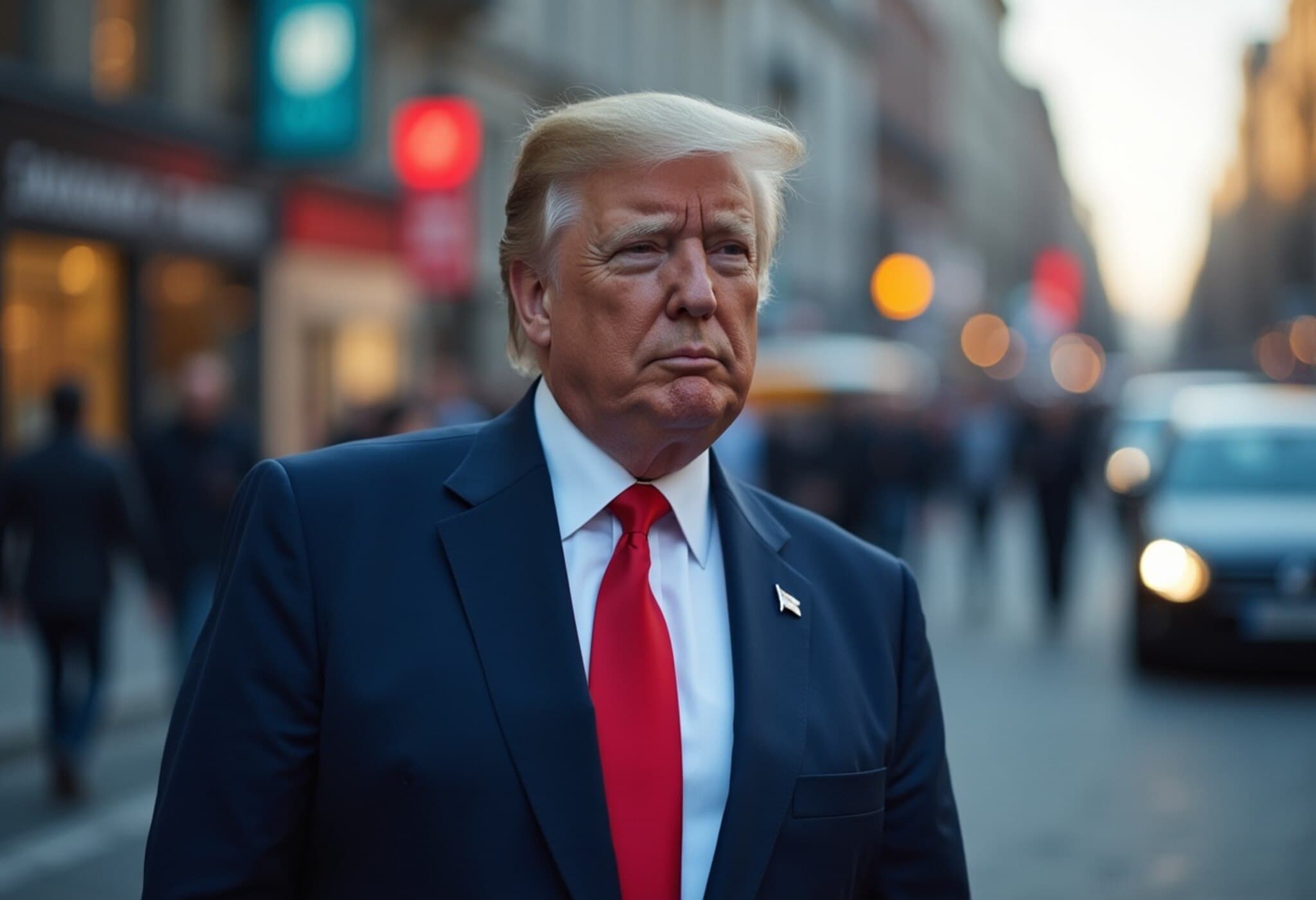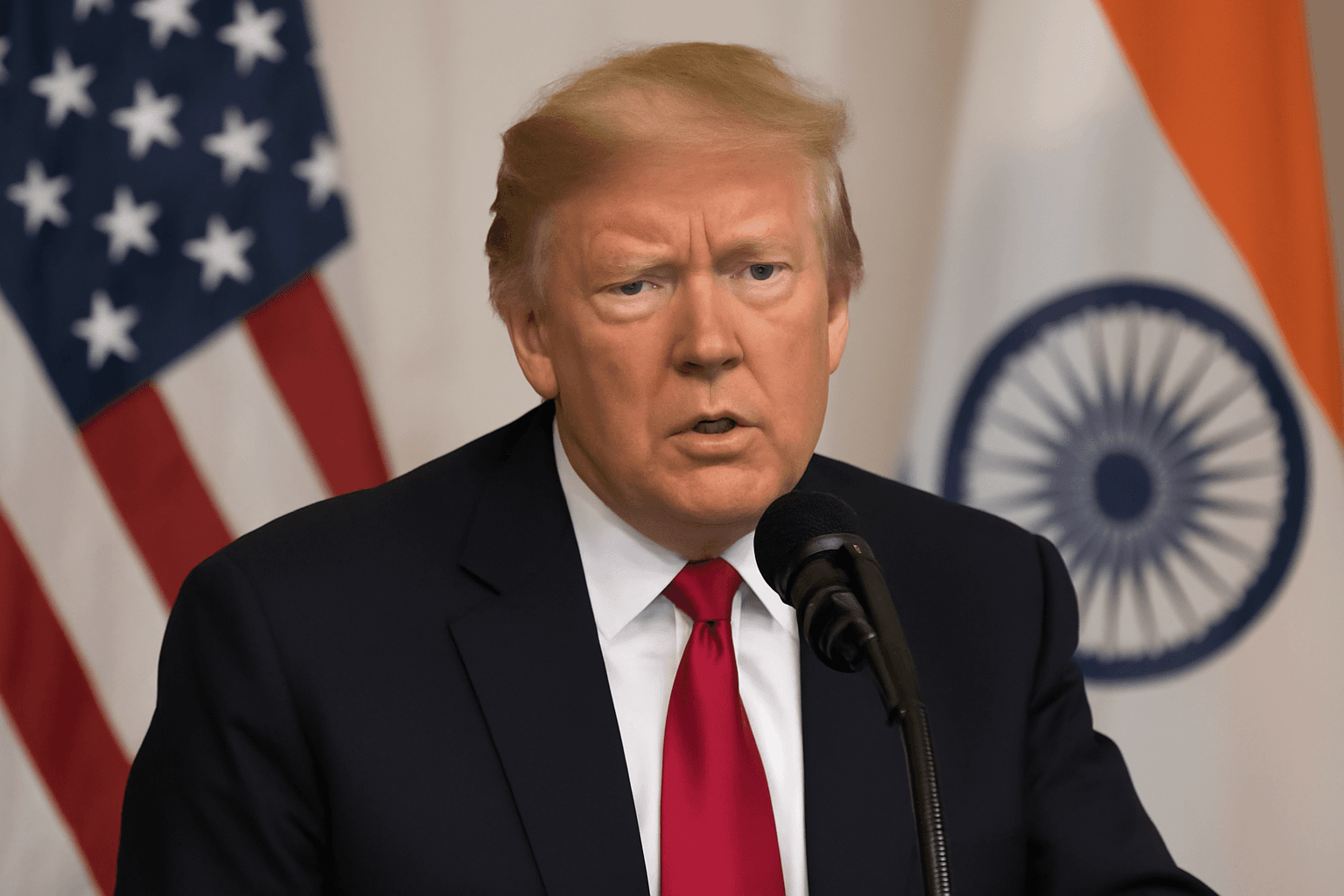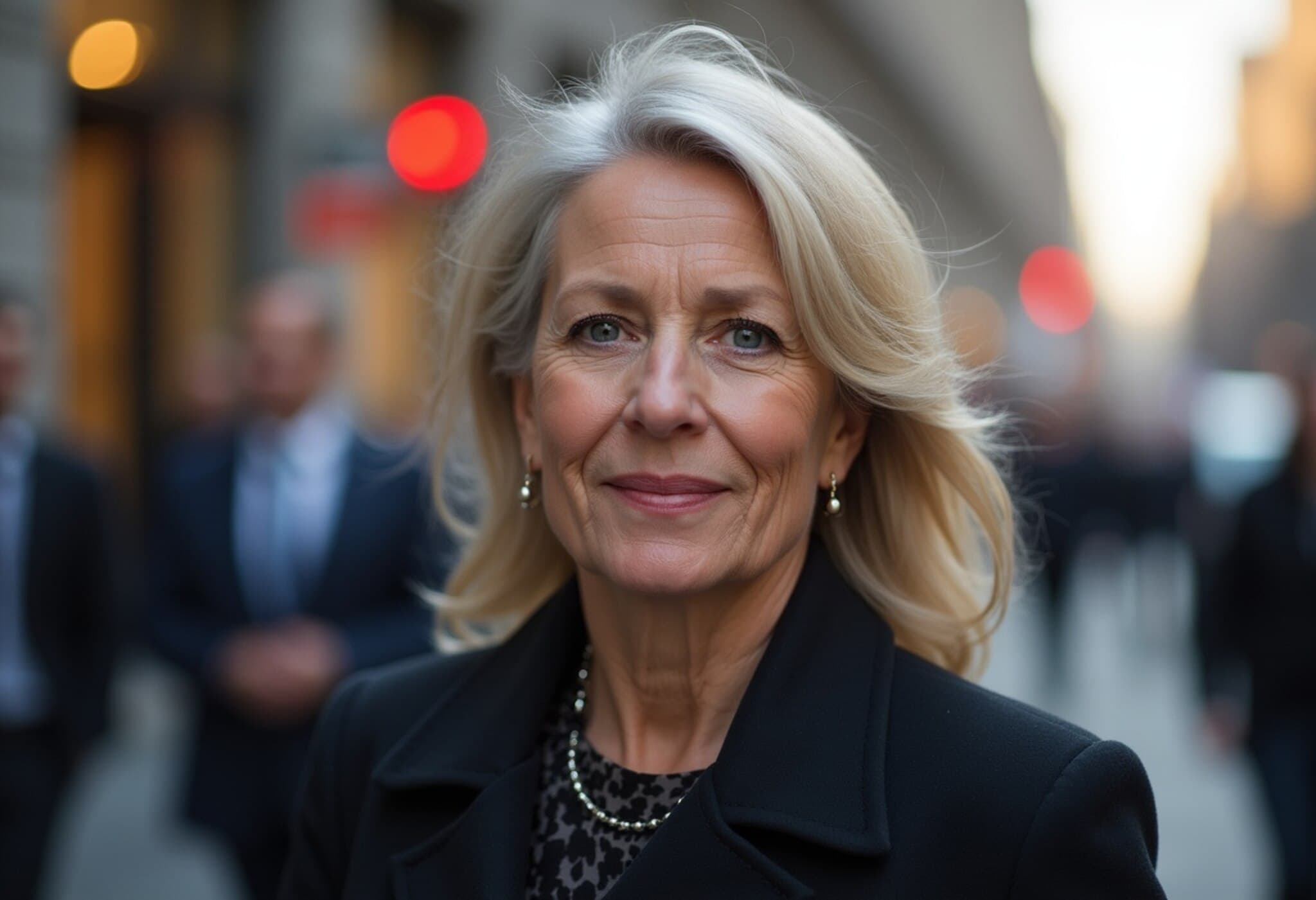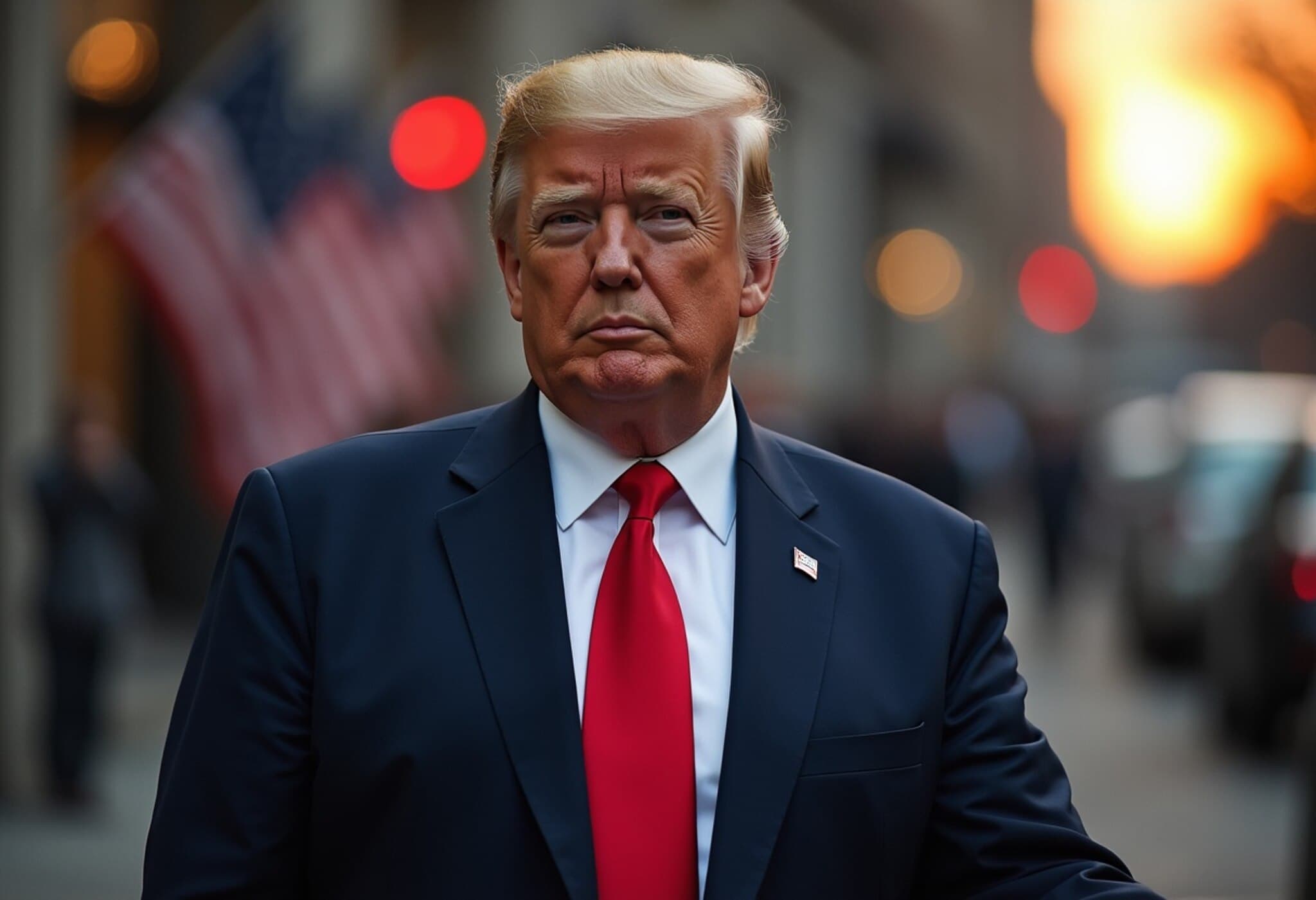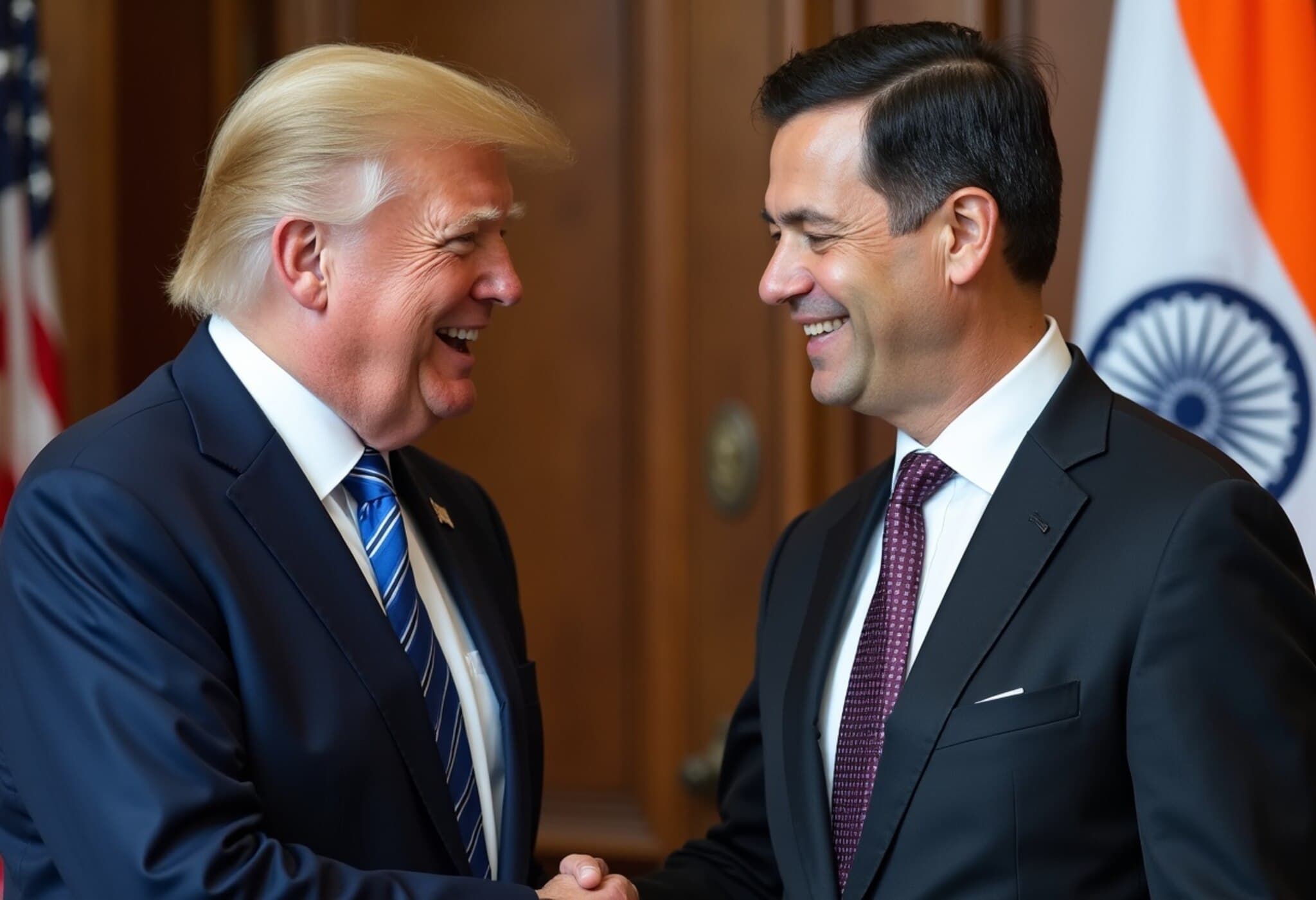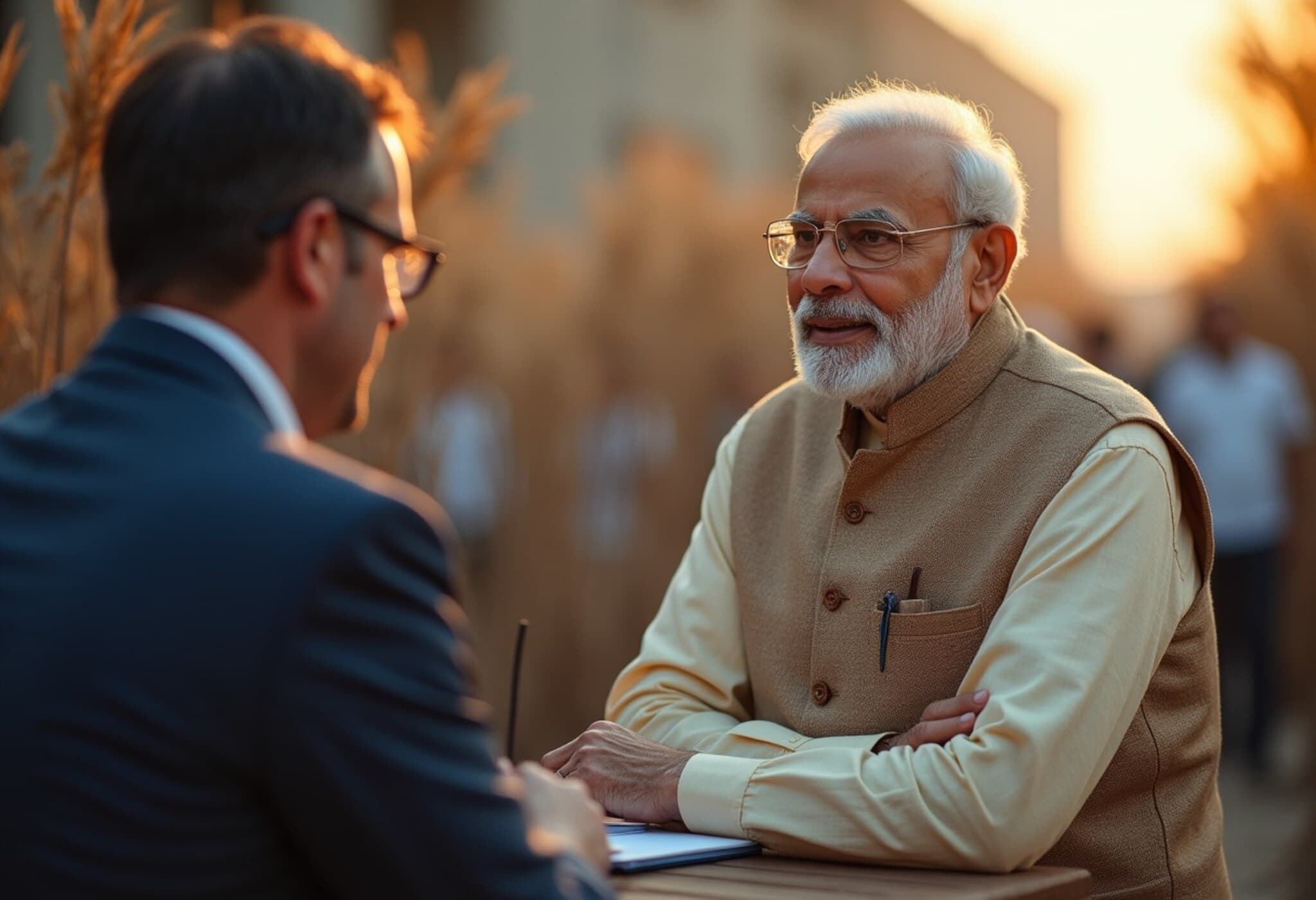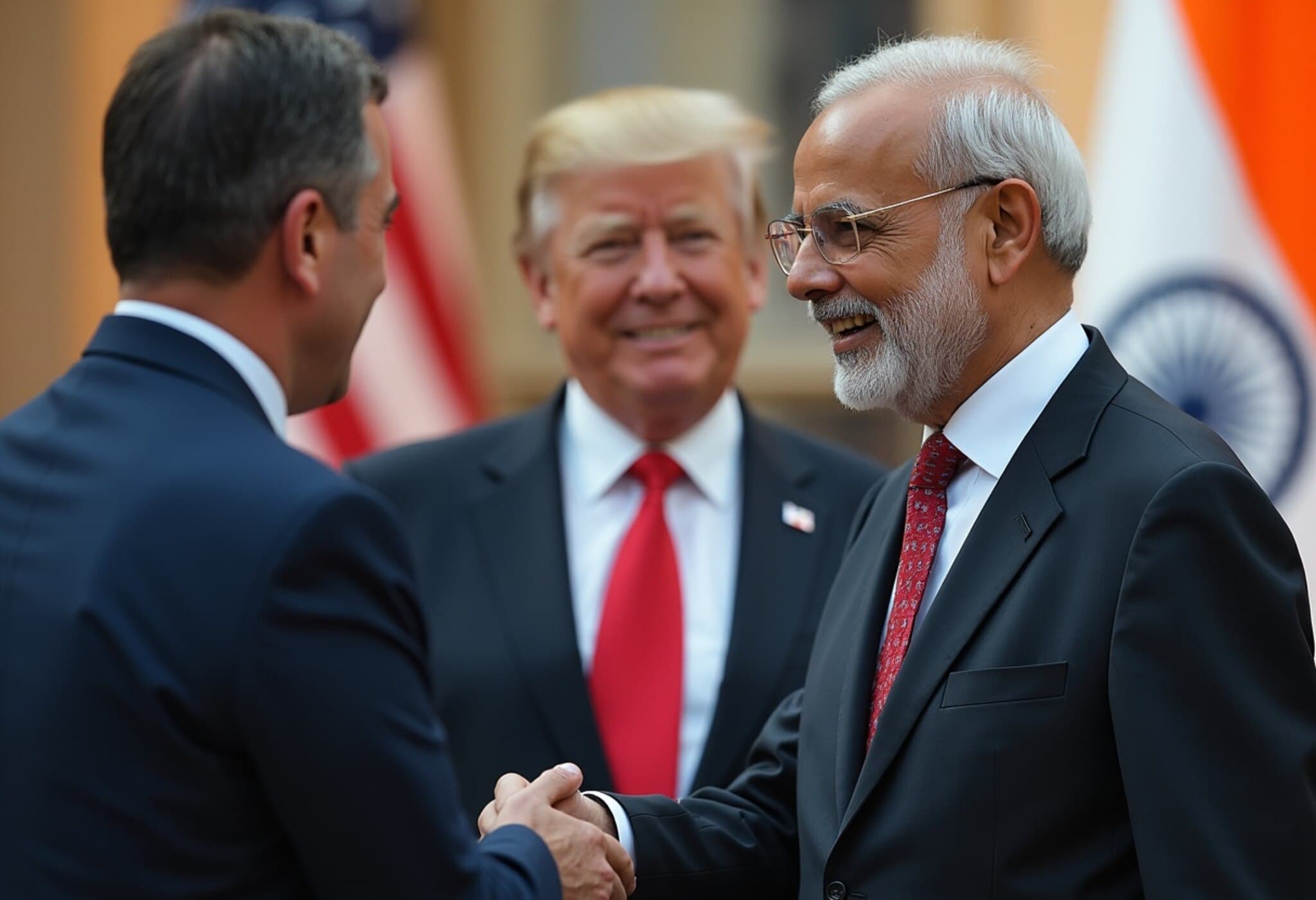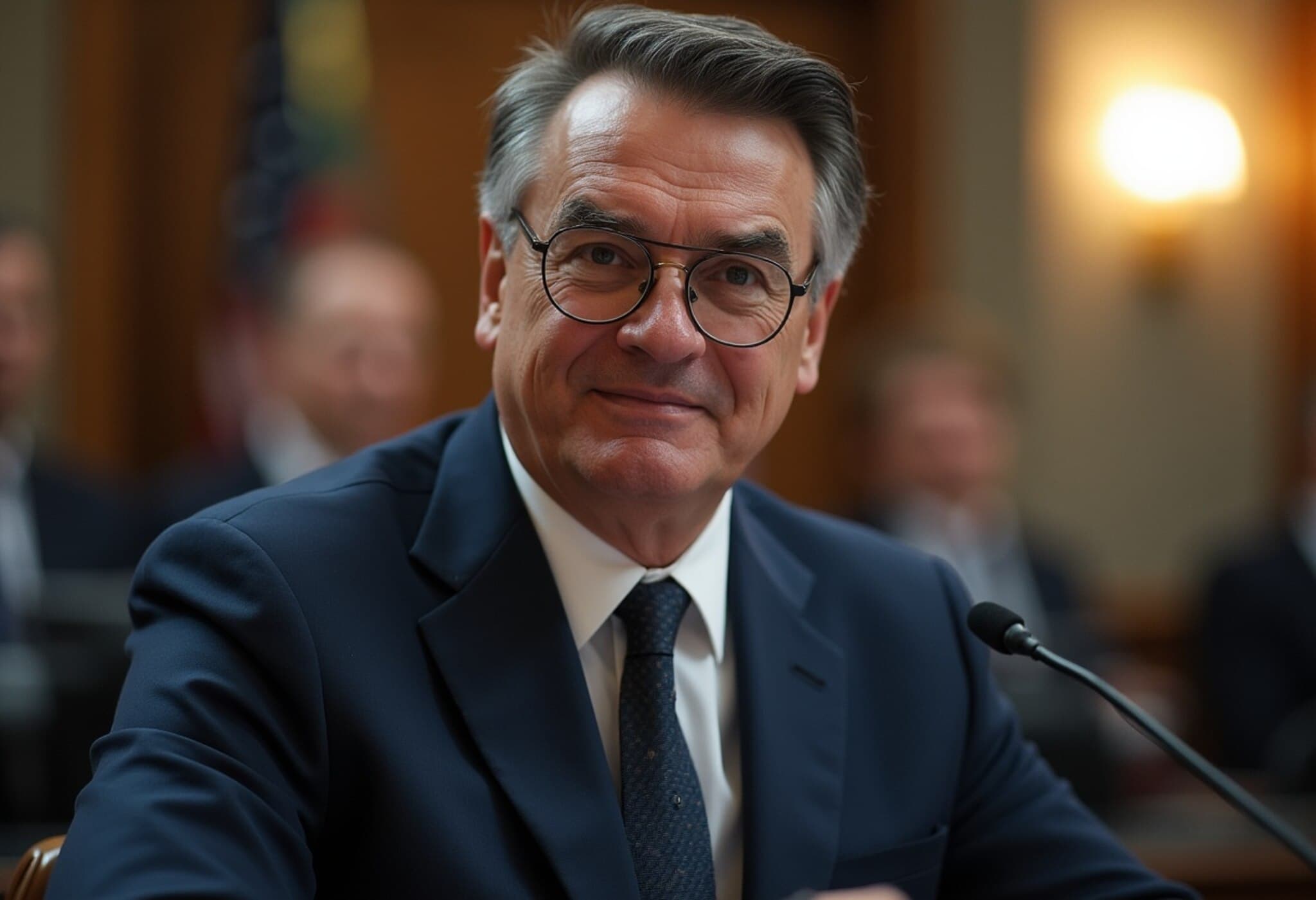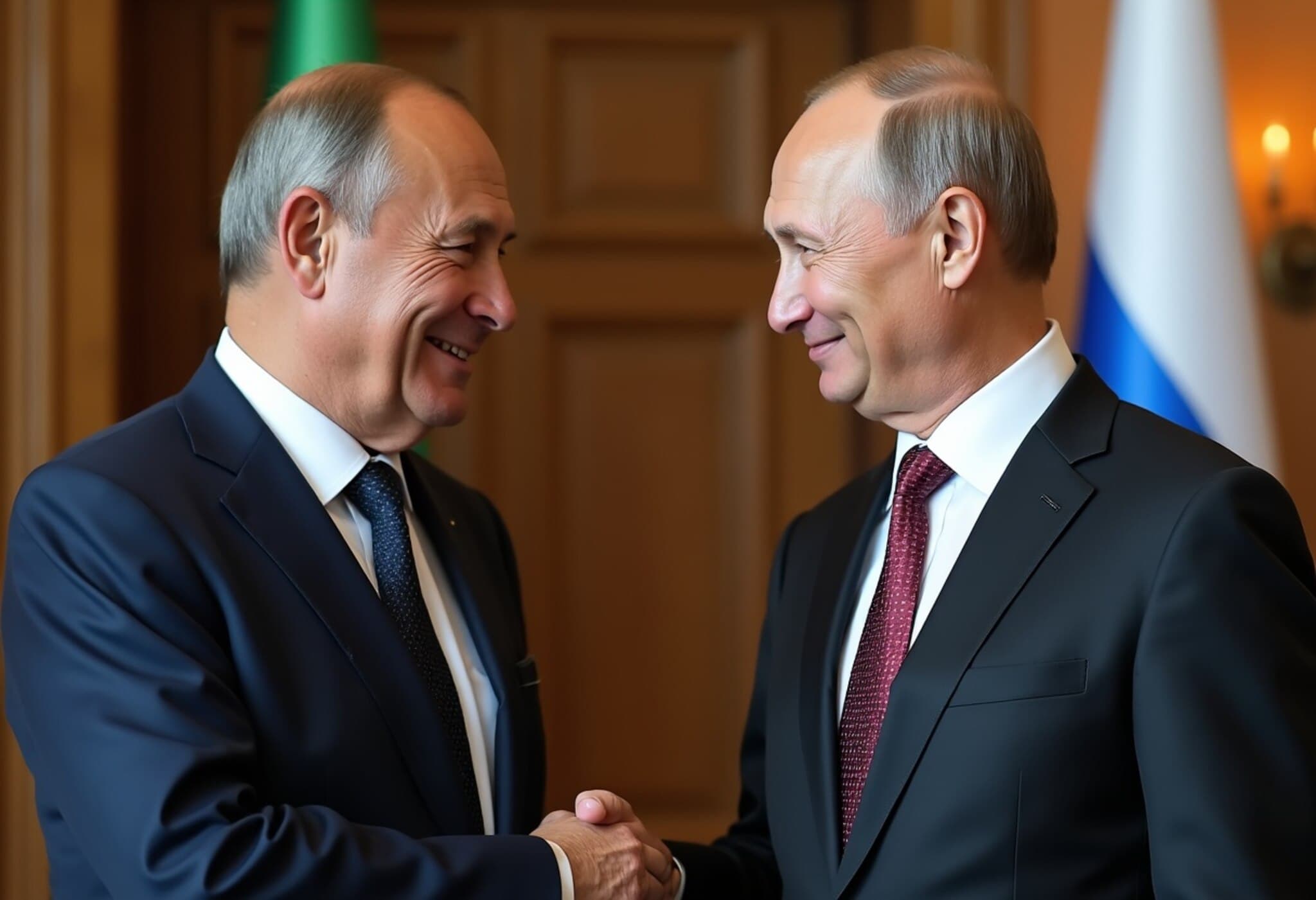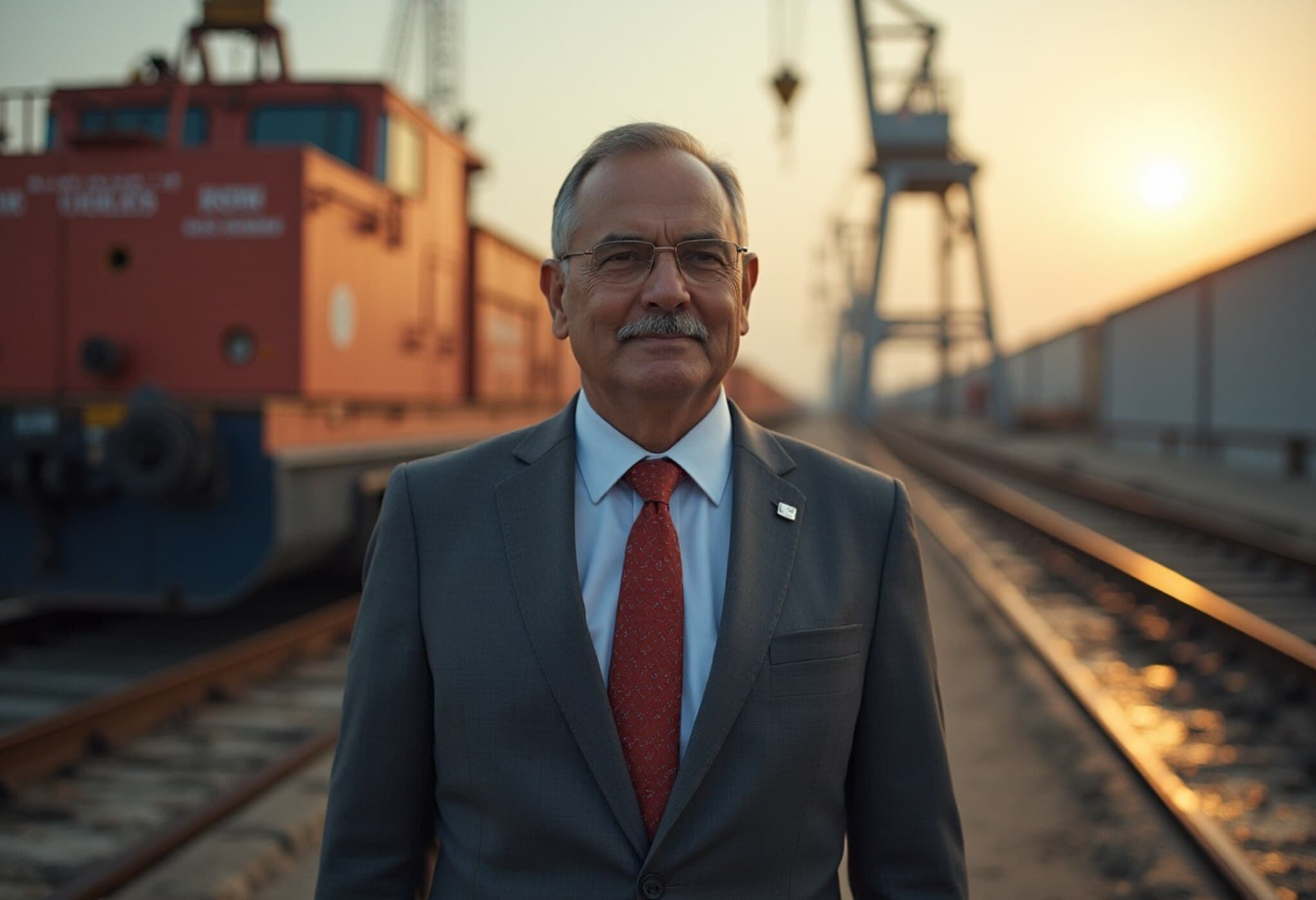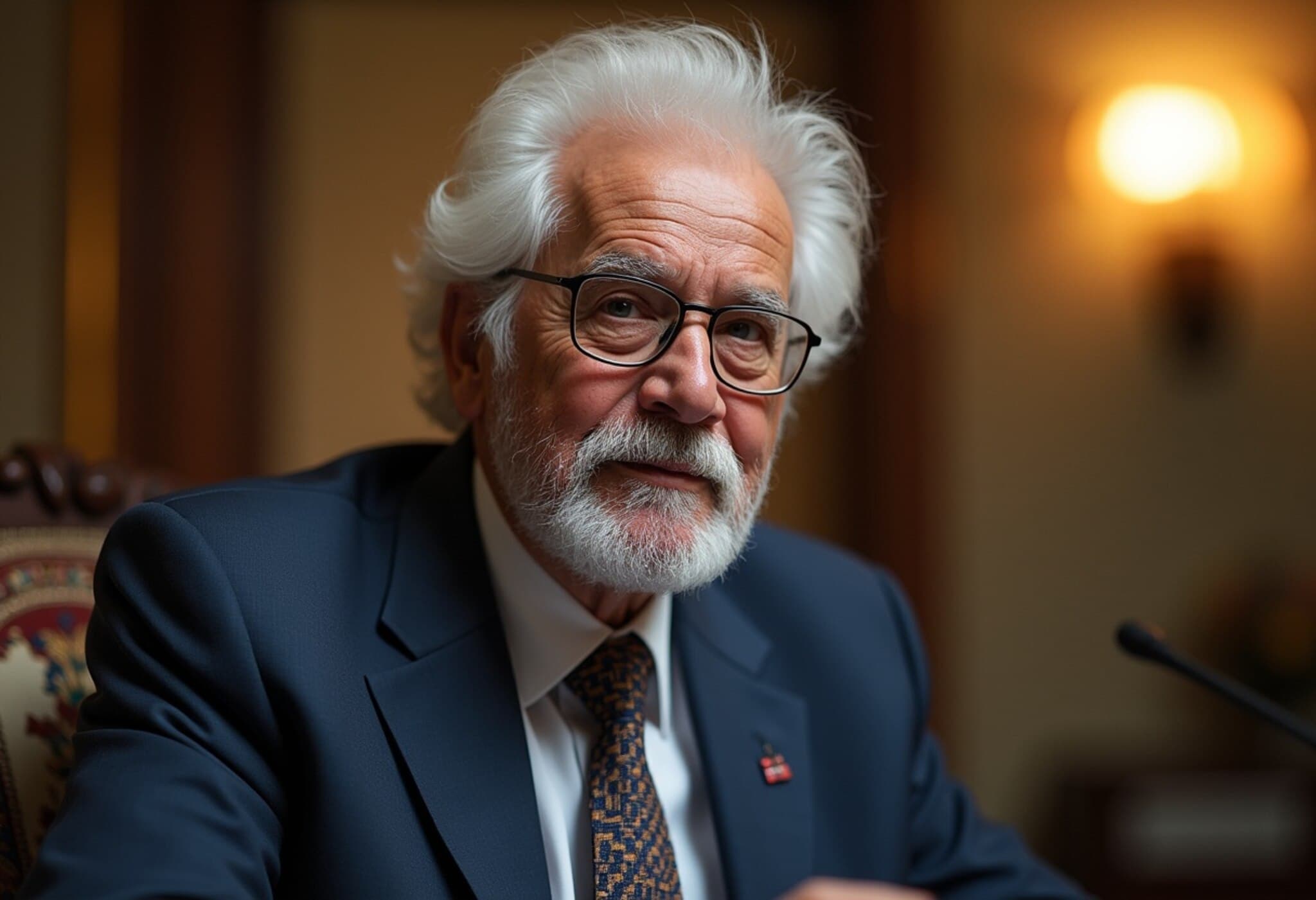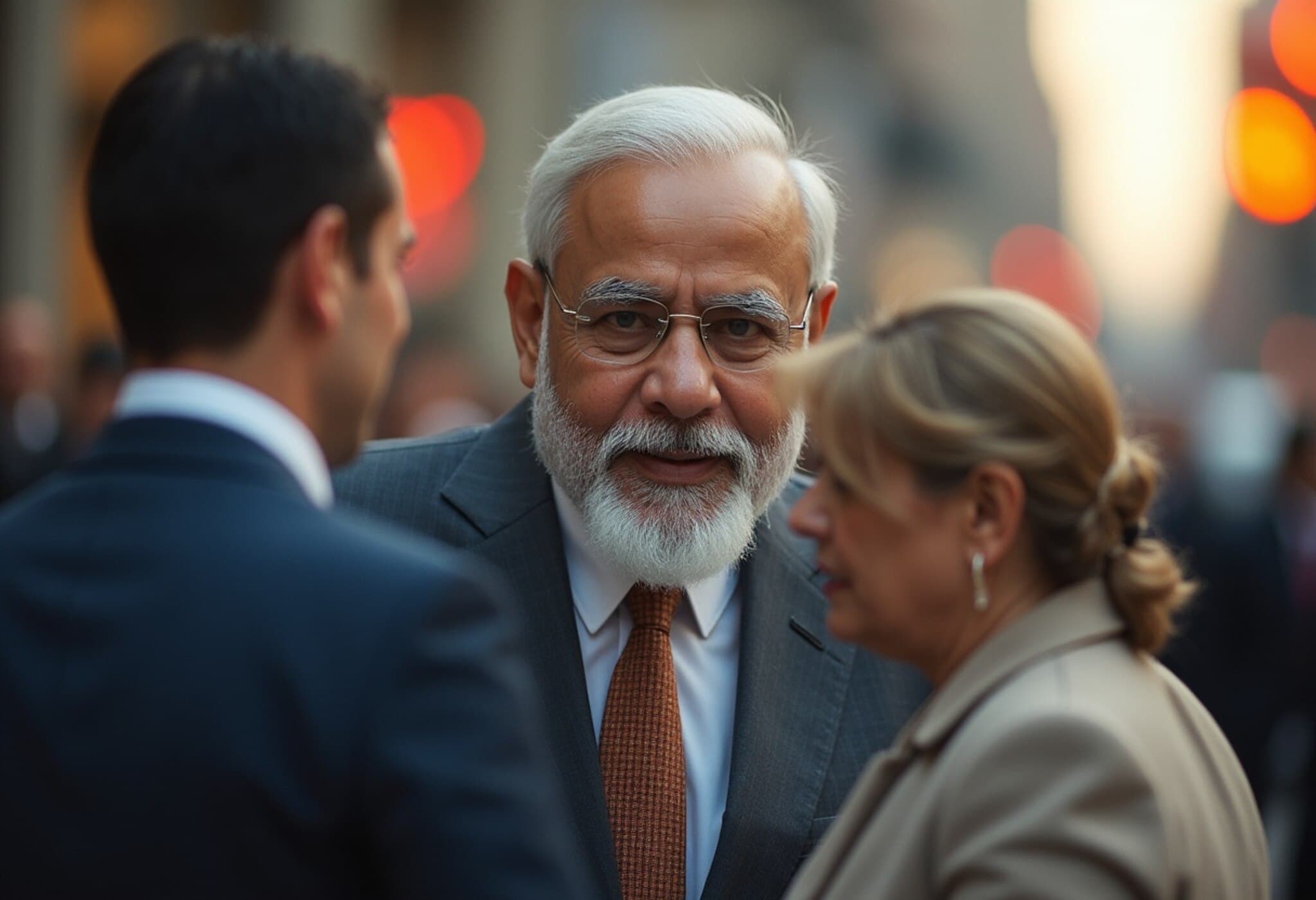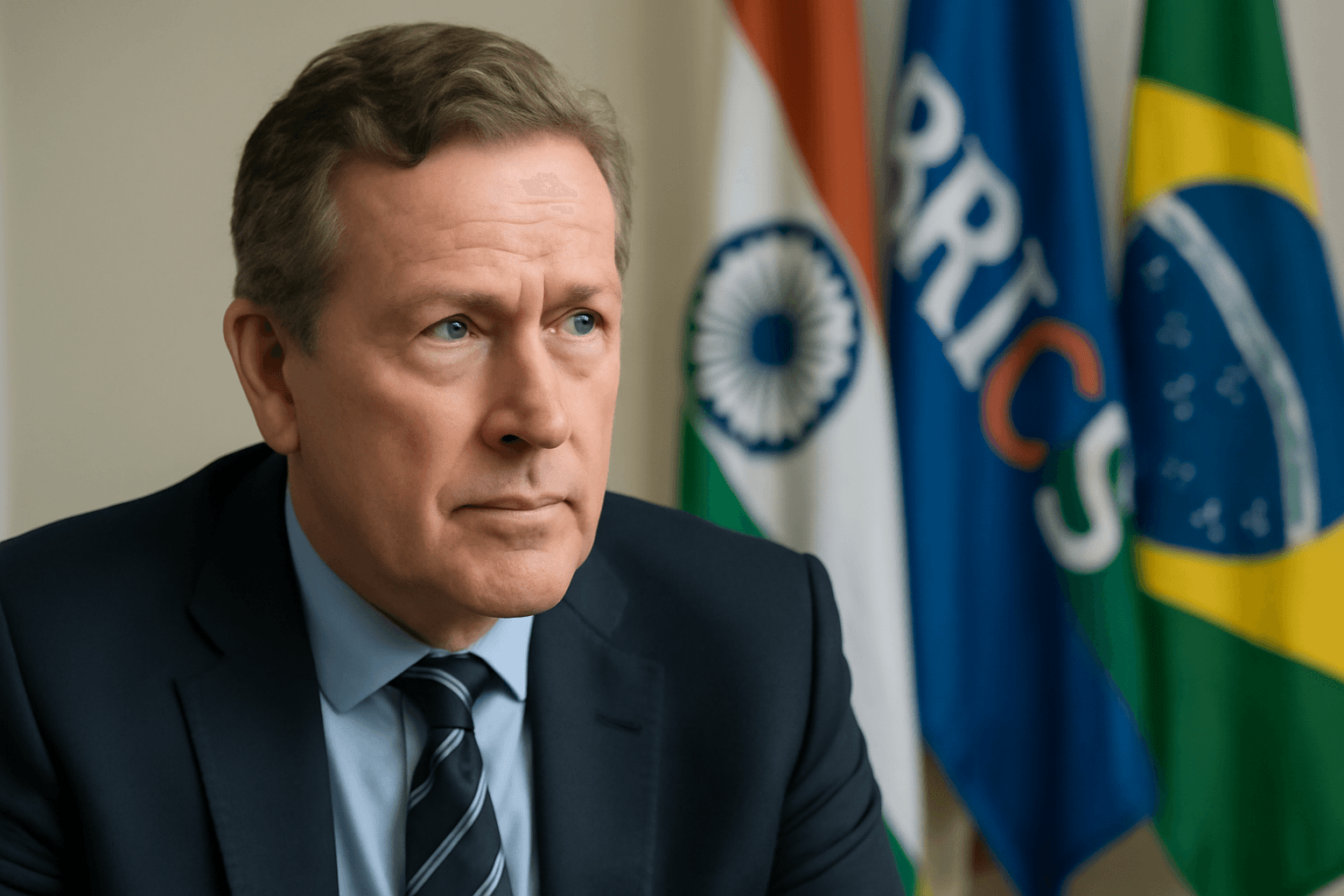Brazil’s President Lula Takes a Stand Against U.S. Tariffs
In a bold and clear message to Washington, Brazilian President Luiz Inacio Lula da Silva has made it unmistakably clear that dialogue with U.S. President Donald Trump is off the table—for now. The catalyst behind this diplomatic freeze is the recent imposition of a hefty 40% tariff on Brazilian imports by the U.S., mounting the total tariffs to an unprecedented 50%. For Lula, this move marks "the most regrettable" chapter in the long-standing relationship between the two economic giants.
Turning East: Lula’s Strategic Pivot Toward BRICS
Rather than pursue talks with the U.S., Lula is charting a course toward deepening Brazil’s alliances with other influential economies, specifically the BRICS nations: Brazil, Russia, India, China, and South Africa. He stated emphatically, "I will call Xi Jinping, I will call Prime Minister Modi. I won’t call Putin, because he can’t travel now. But I will call many presidents." This proactive outreach signals a strategic diversification of Brazil’s global partnerships amid rising trade tensions with the United States.
Contextualizing the BRICS Focus
For Brazil, BRICS isn’t just an acronym but a platform for economic and geopolitical collaboration that offers an alternative to Western dominance, particularly amid protectionist shifts in U.S. policy. Meanwhile, President Trump has warned of additional 10% tariffs on countries he sees as opposing U.S. interests through BRICS strategies, illustrating the growing economic friction.
The Tariff Dispute: More Than Just Numbers
- 40% tariff imposed recently on Brazilian imports by the U.S.
- Total tariffs now climbing to an eye-watering 50%
- Strained bilateral relations as a consequence, adversely impacting trade flows and economic sentiment
Lula’s administration has vowed to leverage all legal and international mechanisms, including the World Trade Organization (WTO), to shield Brazil’s economy.
“We will use every tool at our disposal to defend our economy,” Lula asserted, underscoring the administration’s readiness to confront the escalating challenge through diplomacy and legal channels.
Mixed Signals and Political Overtones
Earlier attempts at dialogue appeared promising. President Trump extended an olive branch, inviting Lula to call him anytime to discuss trade. Finance Minister Fernando Haddad echoed this openness to communication. However, Lula’s recent remarks suggest a hardened stance, highlighting a rift that transcends tariffs and trade.
Judicial Turmoil and Political Implications
Beyond trade friction, U.S.–Brazil tensions are compounded by political factors. The U.S. reacted sharply to Brazil’s Supreme Court placing ex-President Jair Bolsonaro—an ally of Trump—under house arrest amid serious coup-plotting allegations. In a striking move, the U.S. sanctioned Justice Alexandre de Moraes under the Magnitsky Act, accusing him of judicial overreach and human rights abuses, which contributes to a broader narrative of political interference.
Justice de Moraes, however, remains resolute. “Sanctions or not, I will do my job,” he declared, emphasizing judicial independence despite international pressure.
Expert Analysis: Navigating a Complex Geopolitical Landscape
Trade experts and political analysts note that Brazil’s pivot towards BRICS is emblematic of a broader shift in global alliances during an era of rising nationalism and protectionism. The U.S.’s aggressive tariff policies risk pushing traditional partners like Brazil further into alternative economic blocs, potentially reshaping global trade dynamics in the mid-21st century.
Moreover, the intertwining of judicial actions with international sanctions signals a fraught intersection of law, politics, and diplomacy that could have long-term consequences for bilateral relations and Brazil’s internal stability.
What Lies Ahead?
- Will Brazil fully deepen its economic integration with BRICS partners, and what does this mean for U.S. influence in Latin America?
- Could WTO interventions mitigate the tariff disputes, or will protectionism escalate?
- How might ongoing political and judicial tensions affect Brazil’s democratic trajectory and international partnerships?
Editor’s Note
Brazil’s firm stance against U.S. tariffs underscores a pivotal moment in global trade politics, where emerging economies like Brazil seek to redefine their place amid shifting power centers. Lula’s embrace of BRICS reflects not just resistance but strategic vision toward diversified collaboration in a fragmented world order. As tariffs, sanctions, and judicial crises unfold, observers must watch closely to see whether diplomacy, economic pragmatism, or ideological divides ultimately prevail in shaping the future of U.S.-Brazil relations.

